Learning to Flourish: A Philosophical Exploration of Liberal Education Review
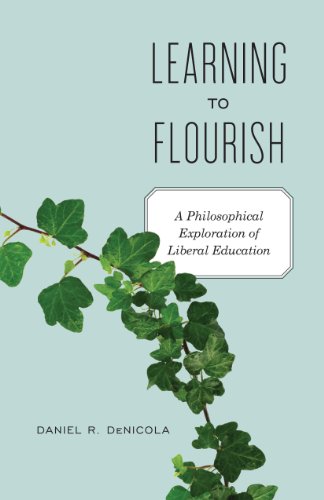
Learning to Flourish: A Philosophical Exploration of Liberal Education Review

How to Read Novels Like a Professor: A Jaunty Exploration of the World's Favorite Literary Form Review
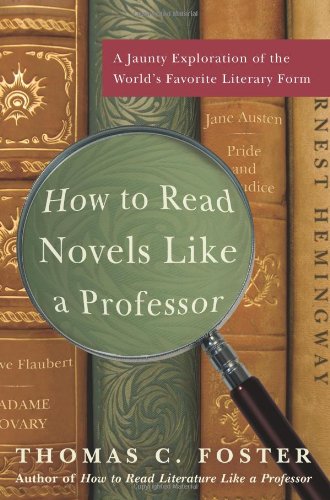
Of all the literary forms, the novel is arguably the most discussed . . . and fretted over. From Miguel de Cervantes's Don Quixote to the works of Jane Austen, F. Scott Fitzgerald, Ernest Hemingway, and today's masters, the novel has grown with and adapted to changing societies and technologies, mixing tradition and innovation in every age throughout history.
Thomas C. Foster—the sage and scholar who ingeniously led readers through the fascinating symbolic codes of great literature in his first book, How to Read Literature Like a Professor—now examines the grammar of the popular novel. Exploring how authors' choices about structure—point of view, narrative voice, first page, chapter construction, character emblems, and narrative (dis)continuity—create meaning and a special literary language, How to Read Novels Like a Professor shares the keys to this language with readers who want to get more insight, more understanding, and more pleasure from their reading.
Machine Learning for Hackers Review
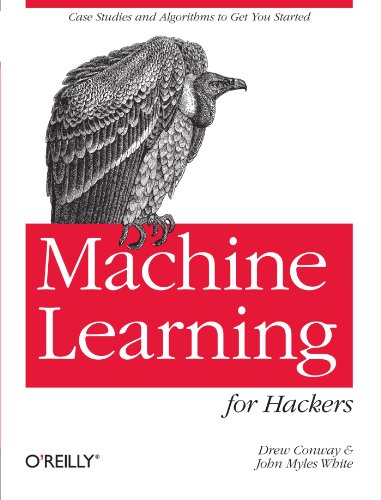
If you’re an experienced programmer interested in crunching data, this book will get you started with machine learning—a toolkit of algorithms that enables computers to train themselves to automate useful tasks. Authors Drew Conway and John Myles White help you understand machine learning and statistics tools through a series of hands-on case studies, instead of a traditional math-heavy presentation.
Each chapter focuses on a specific problem in machine learning, such as classification, prediction, optimization, and recommendation. Using the R programming language, you’ll learn how to analyze sample datasets and write simple machine learning algorithms. Machine Learning for Hackers is ideal for programmers from any background, including business, government, and academic research.
Trail Guide to Learning: Paths of Exploration Set Review
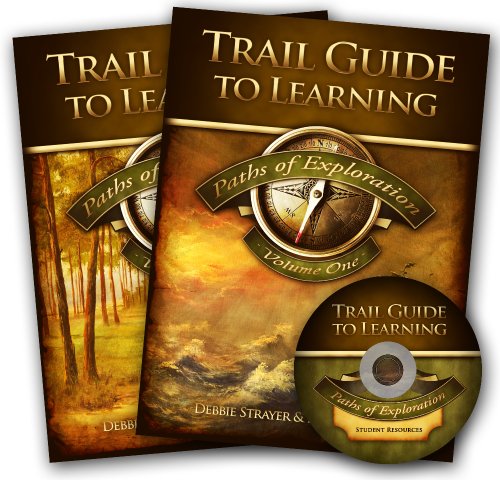
So, pack your bags and prepare to travel across time and territory with great explorers as your guide!
Exploration and Conquest: The Americas After Columbus: 1500-1620 (American Story) Review
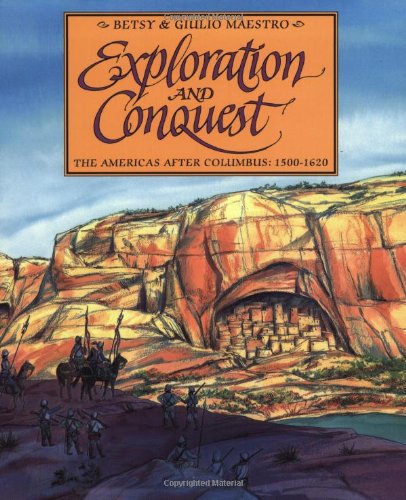
Christopher Columbus was not the first to discover the Americas, but his voyages led to European exploration of the New World. Rich in resources and natural beauty, the Americas were irresistible to gold-hungry conquistadors. The newcomers gave little thought to those who had called the lands their home, and exploration soon came to signify conquest. The New World -- and the lives of its inhabitants -- would be changed forever.
New Guide for Occupational Exploration: Linking Interests, Learning and Careers Review
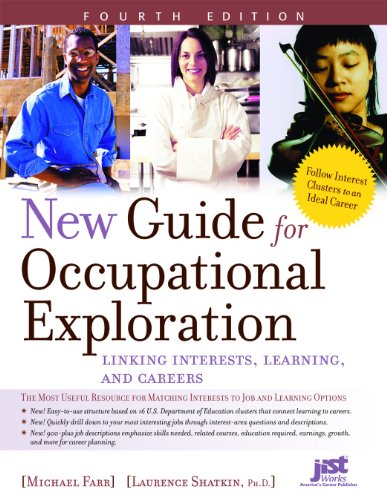
Empowerment Through Experiential Learning: Explorations of Good Practice Review
History of Space Exploration Coloring Book (Dover History Coloring Book) Review

Presence: An Exploration of Profound Change in People, Organizations, and Society Review

The authors view large institutions such as global corporations as a new species that are affecting nearly all other life forms on the planet. Rather than look at these systems as merely the extension of a few hyper-powerful individuals, they see them as a dynamic organisms with the potential to learn, grow, and evolve--but only if people exert control over them and actively eliminate their destructive aspects. "But until that potential is activated," they write, "industrial age institutions will continue to expand blindly, unaware of their part in a larger whole or of the consequences of their growth." For global institutions to be recreated in positive ways, there must be individual and collective levels of awareness, followed by direct action. Raising this awareness is what Presence seeks to achieve. Drawing on the insights gleaned from interviews with over 150 leading scientists, social leaders, and entrepreneurs, the authors emphasize what they call the "courage to see freshly"--the ability to view familiar problems from a new perspective in order to better understand how parts and wholes are interrelated.
This is not a typical business book. Mainly theoretical, it does not offer specific tips that organizational managers or directors can apply immediately; rather, it offers powerful tools and ideas for changing the mindset of leaders and unlocking the latent potential to "develop awareness commensurate with our impact, wisdom in balance with our power." --Shawn Carkonen
Presence is an intimate look at the development of a new theory about change and learning. In wide-ranging conversations held over a year and a half, organizational learning pioneers Peter Senge, C. Otto Scharmer, Joseph Jaworski, and Betty Sue Flowers explored the nature of transformational change—how it arises, and the fresh possibilities it offers a world dangerously out of balance. The book introduces the idea of “presence”—a concept borrowed from the natural world that the whole is entirely present in any of its parts—to the worlds of business, education, government, and leadership. Too often, the authors found, we remain stuck in old patterns of seeing and acting. By encouraging deeper levels of learning, we create an awareness of the larger whole, leading to actions that can help to shape its evolution and our future.
Drawing on the wisdom and experience of 150 scientists, social leaders, and entrepreneurs, including Brian Arthur, Rupert Sheldrake, Buckminster Fuller, Lao Tzu, and Carl Jung, Presence is both revolutionary in its exploration and hopeful in its message. This astonishing and completely original work goes on to define the capabilities that underlie our ability to see, sense, and realize new possibilities—in ourselves, in our institutions and organizations, and in society itself.
Space Exploration: Primary Sources (U X L Space Exploration Reference Library) Review
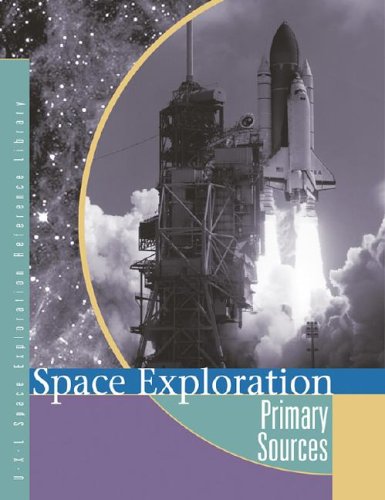
Accelerated Learning for the 21st Century: The Six-Step Plan to Unlock Your Master-Mind Review
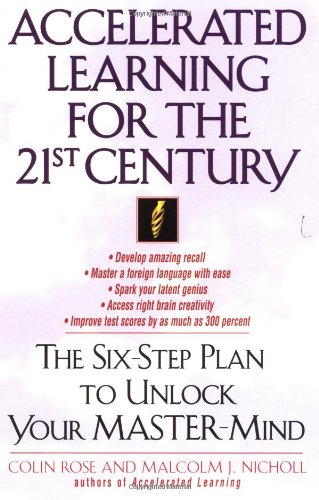
Distance education, on-campus learning, and e-learning convergences: an Australian exploration.: An article from: International Journal on E-Learning Review
Designing for Learning in an Open World (Explorations in the Learning Sciences, Instructional Systems and Performance Technologies) Review
Writing Instruction in Nineteenth-Century American Colleges (Philosophical Explorations) Review
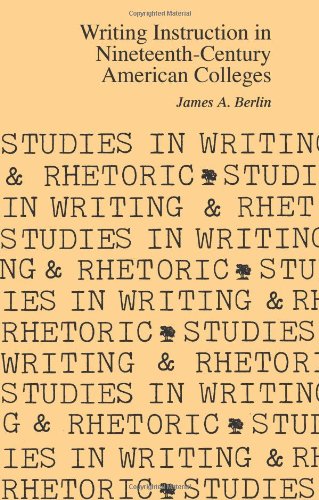
Defining a rhetoric as a social invention arising out of a particular time, place, and set of circumstances, Berlin notes that “no rhetoric—not Plato’s or Aristotle’s or Quintilian’s or Perelman’s—is permanent.” At any given time several rhetorics vie for supremacy, with each attracting adherents representing various views of reality expressed through a rhetoric.
Traditionally rhetoric has been seen as based on four interacting elements: “reality, writer or speaker, audience, and language.” As emphasis shifts from one element to another, or as the interaction between elements changes, or as the definitions of the elements change, rhetoric changes. This alters prevailing views on such important questions as what is appearance, what is reality.
In this interpretive study Berlin classifies the three 19th-century rhetorics as classical, psychological-epistemological, and romantic, a uniquely American development growing out of the transcendental movement. In each case studying the rhetoric provides insight into society and the beliefs of the people.
Learning performance and computer software: an exploration of knowledge transfer [An article from: Computers in Human Behavior] Review

Explorations in Learning and the Brain: On the Potential of Cognitive Neuroscience for Educational Science Review
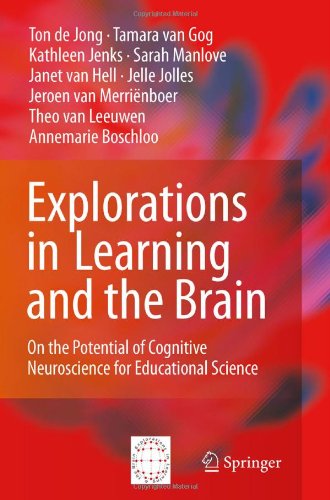
Theoretical Foundations of Learning Environments Review

Theoretical Foundations of Learning Environments provides students, faculty, and instructional designers with a clear, concise introduction to the major pedagogical and psychological theories and their implications for the design of new learning environments for schools, universities, or corporations. Leading experts describe the most important contemporary theories that form the foundation of the conception and design of student-centered learning environments and new applications of educational technologies. This book is well suited as a textbook for courses in instructional design, educational psychology, learning theory, curriculum theory and design, and related areas.
The rise of constructivism and its associated theories represented a paradigm shift for educators and instructional designers to a view of learning as necessarily more social, conversational, and constructive than traditional transmissive views of learning. This bestselling book was the first to provide a manageable overview of the altered field, and the second edition has been fully updated to include expert introductions to metacognition, Argumentation, and other key contemporary theories.